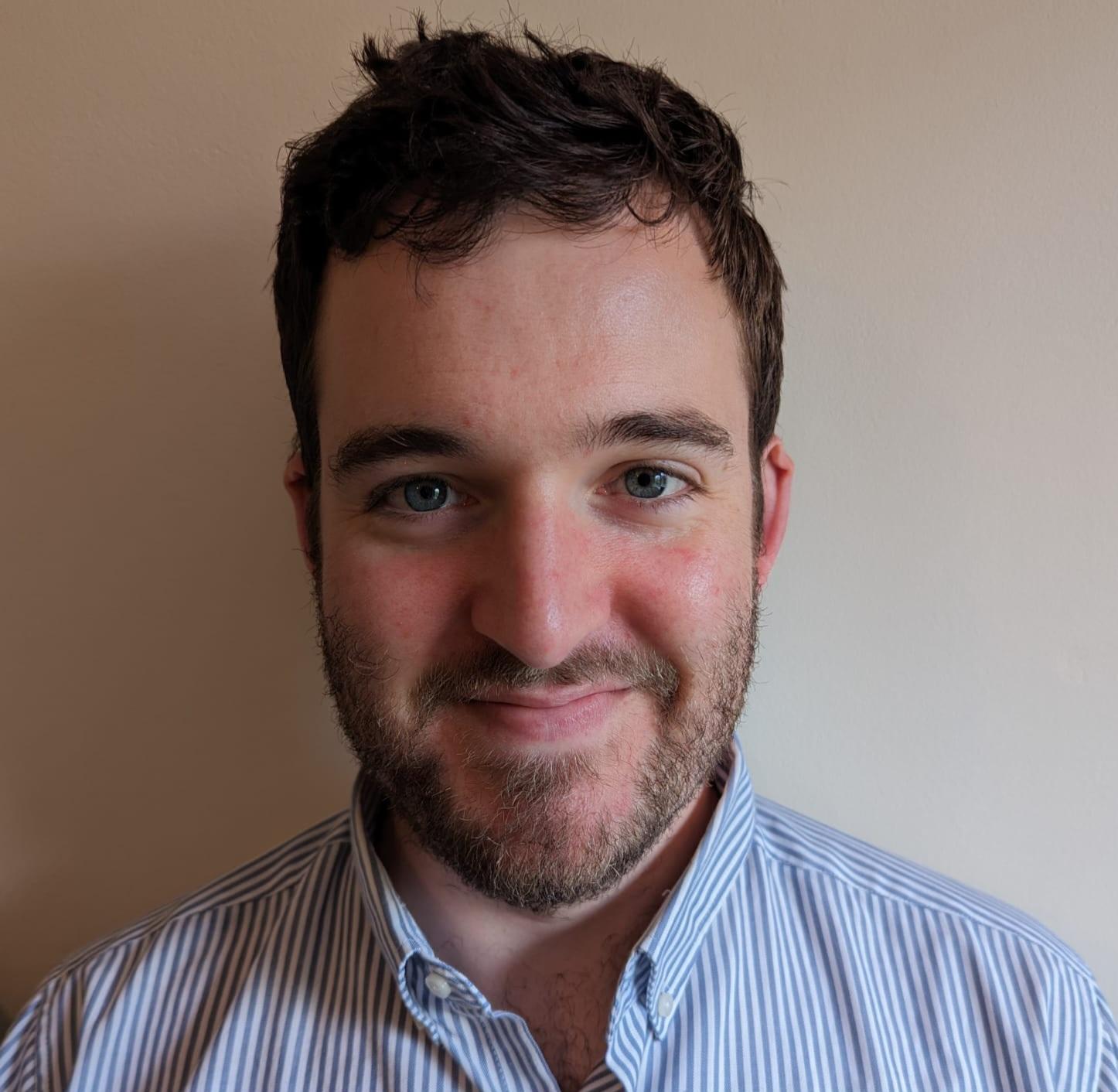
Helping people with complex disabilites- column by Leo Whiteman
Posted on: 21st August 2023
At LCHS, we have a specialist service called the Electronic Assistive Technology Service. The service works with people who are living with complex disabilities including motor neurone disease, cerebral palsy, and locked-in syndrome.
The use of specialist equipment and technology can be life-changing, giving people more independence and finding ways for them to participate in day-to-day society as much as possible. The service available for children and adults in Lincolnshire helps people to engage more directly with their own care, and often avoids unneeded trips to care facilities or to a hospital.
The team assesses the person's needs and then sources the most appropriate device to support their need. This specialist equipment can improve people’s quality of life by enabling them to communicate or do everyday tasks such as switching a light on or using a computer.
The equipment provided includes environmental control systems, communication aid equipment, and other devices used for overcoming problems with accessing computer technology– often combining all three of these into a single system.
Environmental control systems enable people with profound physical impairments (in some instances, they may only be able to lift a single finger or make a slight turn of their head) to operate electronic devices in their home environment. This might be to use a nurse call system or a computer or smartphone for those who are unable to operate the standard controls.
Communication aid devices use computer technology to generate a voice output for users who are unable to or have lost the ability to communicate verbally. They are also provided for users with profound language impairment, who are dependent on specialised symbol-based vocabulary to generate speech.
Patient story:
A patient with motor neurone disease was referred to the service, as they had lost the ability to speak or use their computer. At the time, the patient’s elderly mother had to coordinate all aspects of their care and would speak on their behalf.
A computer with an eye gaze camera was provided to the patient. This specialist device allowed them to make selections from a screen by looking at it, and then the computer said the word that they had selected.
Using their new eye gaze system, the patient is now managing all their own appointments over email and can speak for themselves. They have also been able to speak regularly with their daughter who lives abroad and have full control of their television using their eye movement alone.
For more information on the Electronic Assistive Technology Service visit our website: Electronic Assistive Technology Service :: Lincolnshire Community Health Services NHS Trust
